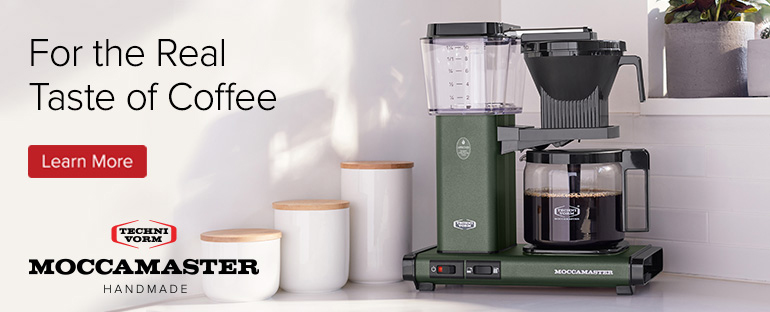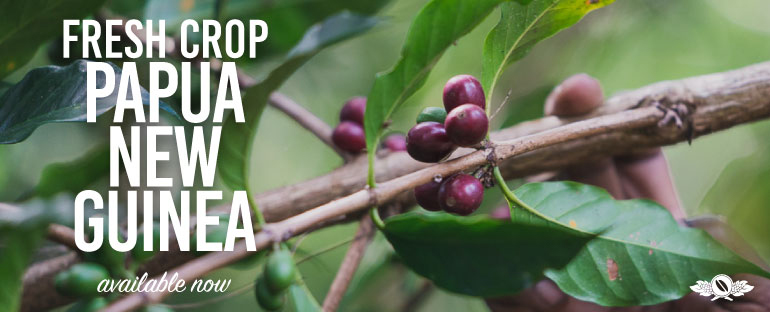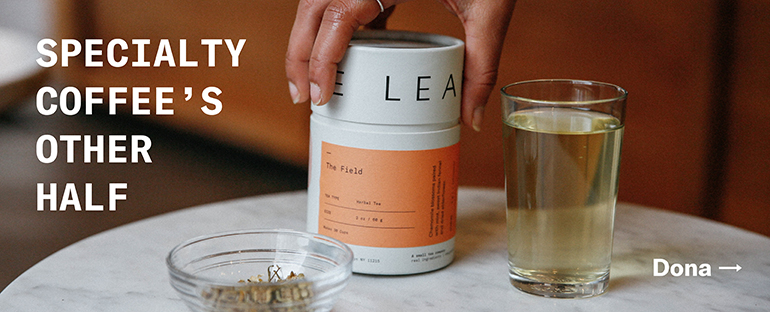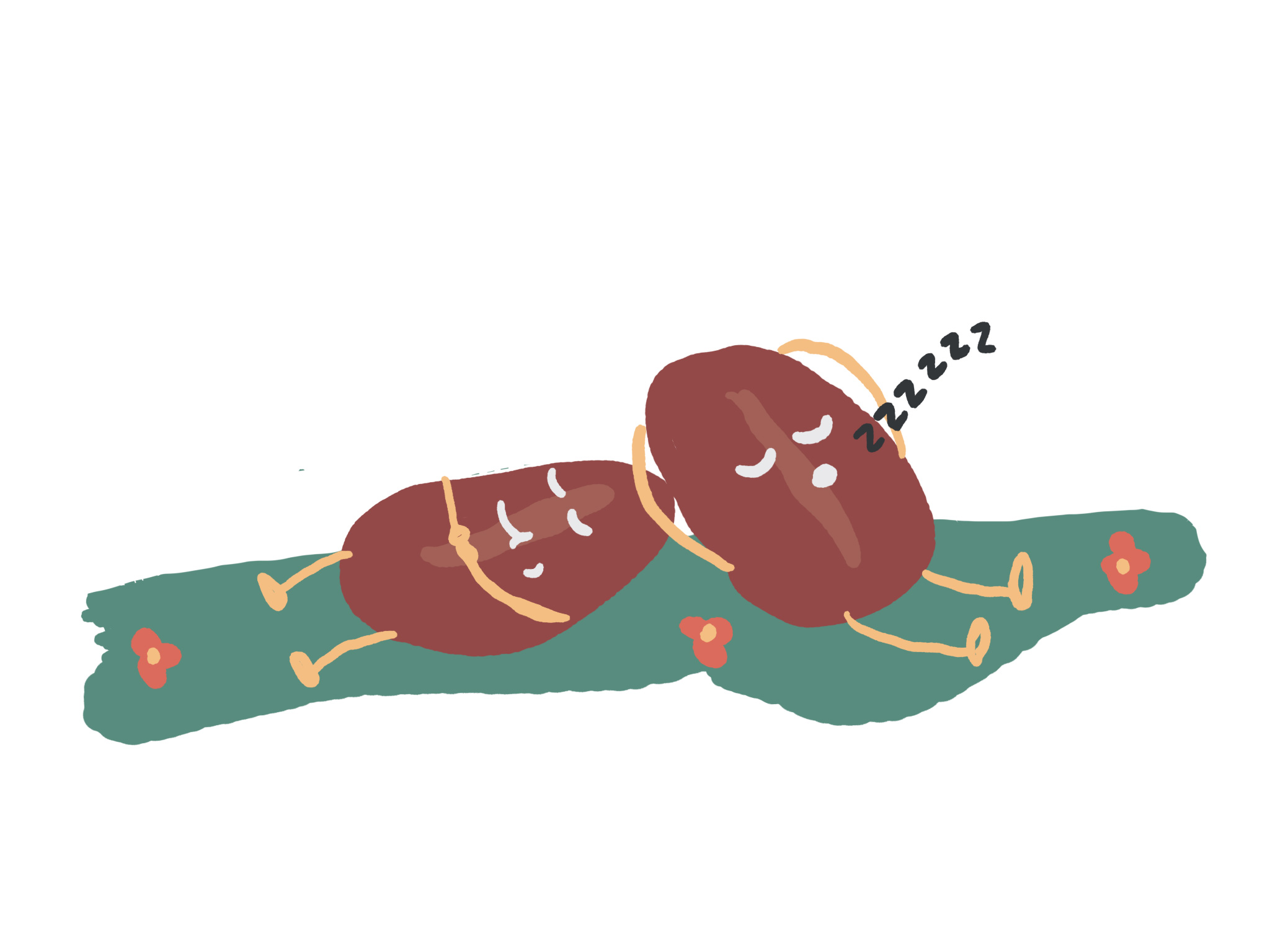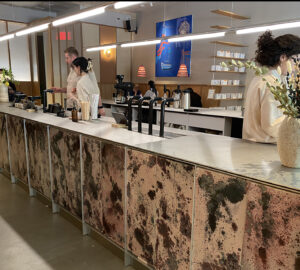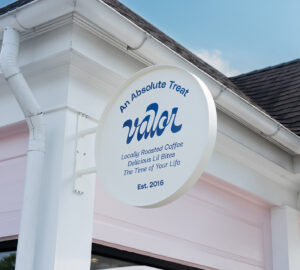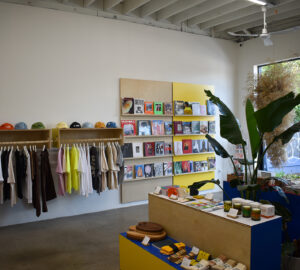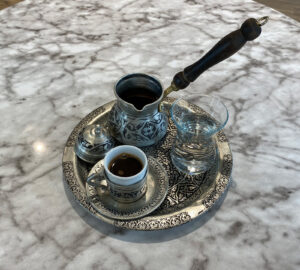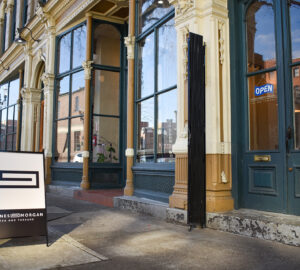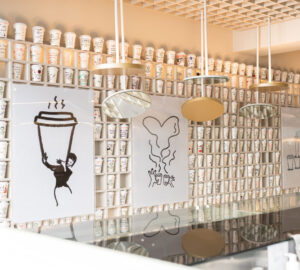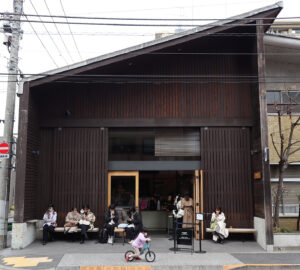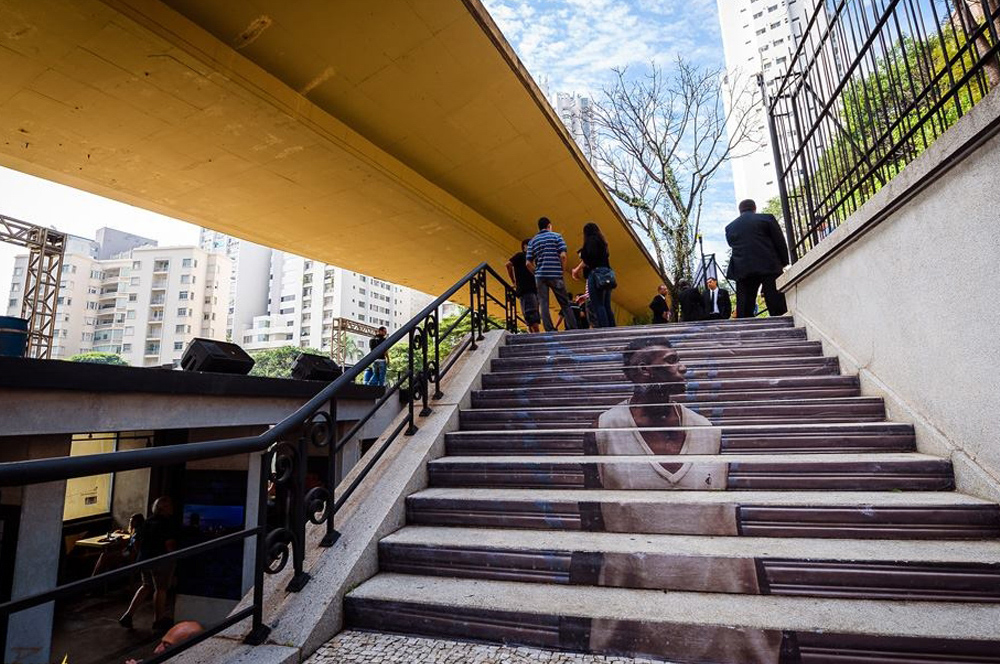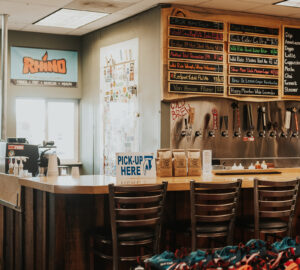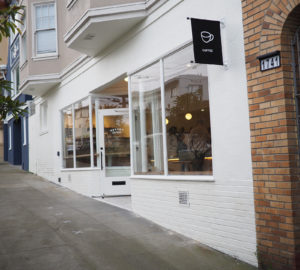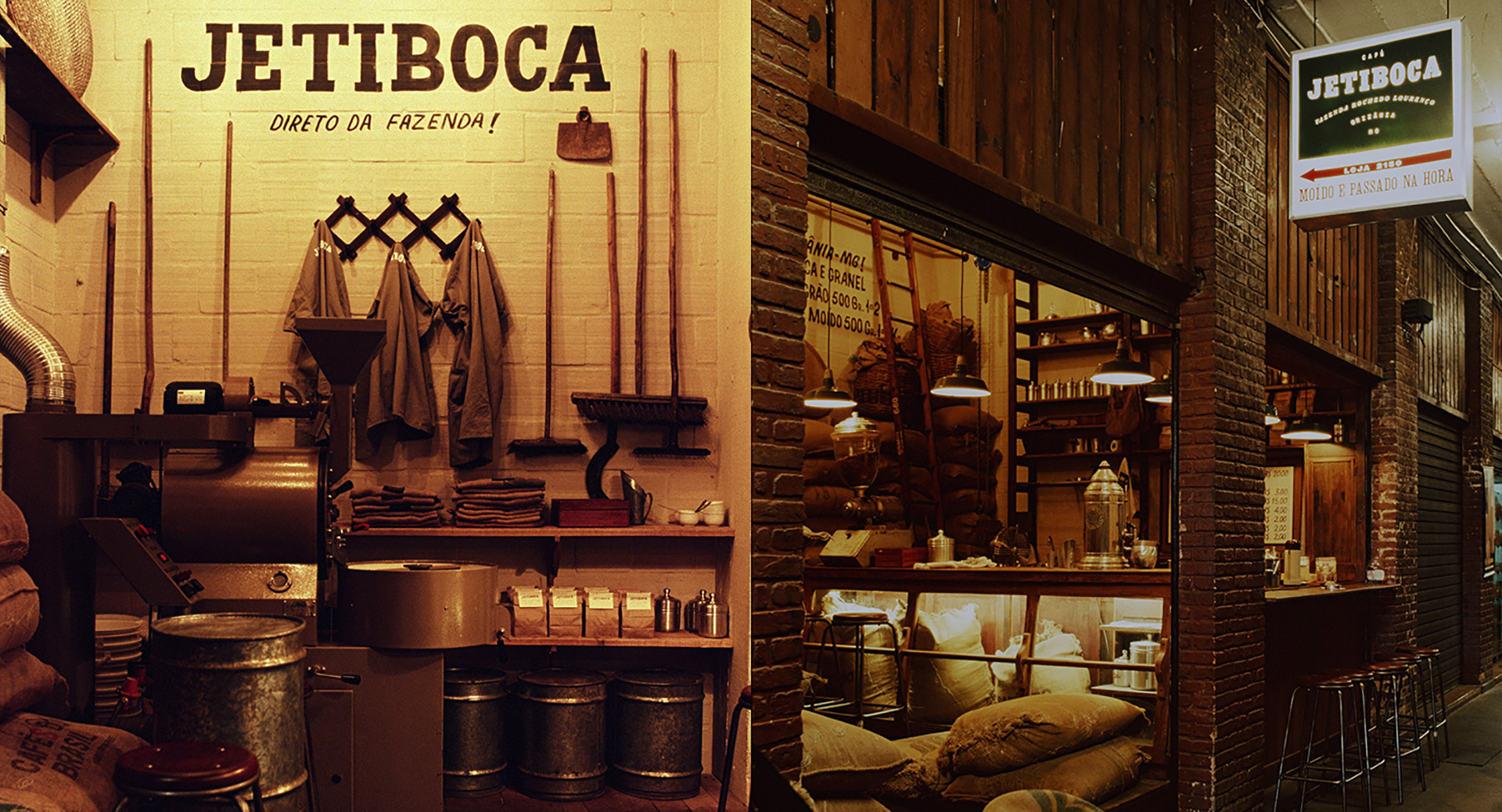
In 1962, Belo Horizonte, the capital of Minas Gerais, inaugurated its cutting-edge real estate development—a new central market (named Mercado Novo, or New Market) that embodied the capital’s contemporary character and catered to the growing educated population, eager to see modernized architecture in the city center. Mercado Novo was built to replace the Central Market, dubbed the “old” one, but that never happened—the Central Market resisted, and is still one of the city’s landmarks today.
The Mercado Novo lingered as a white elephant until 2018, when Rafael Quick and his partners at a local brewery looked at the building as a viable place to open a bottling station and a bar/restaurant. The idea proved to be a success, and not long after that, many other entrepreneurs were interested in occupying the other empty shops. Now, after instituting a formal plan for the Mercado’s further growth, Quick and the other tenants are seeking to honor the traditional businesses of Minas Gerais and of the market itself—many of them still on the first floor—and keep alive the market’s original character.
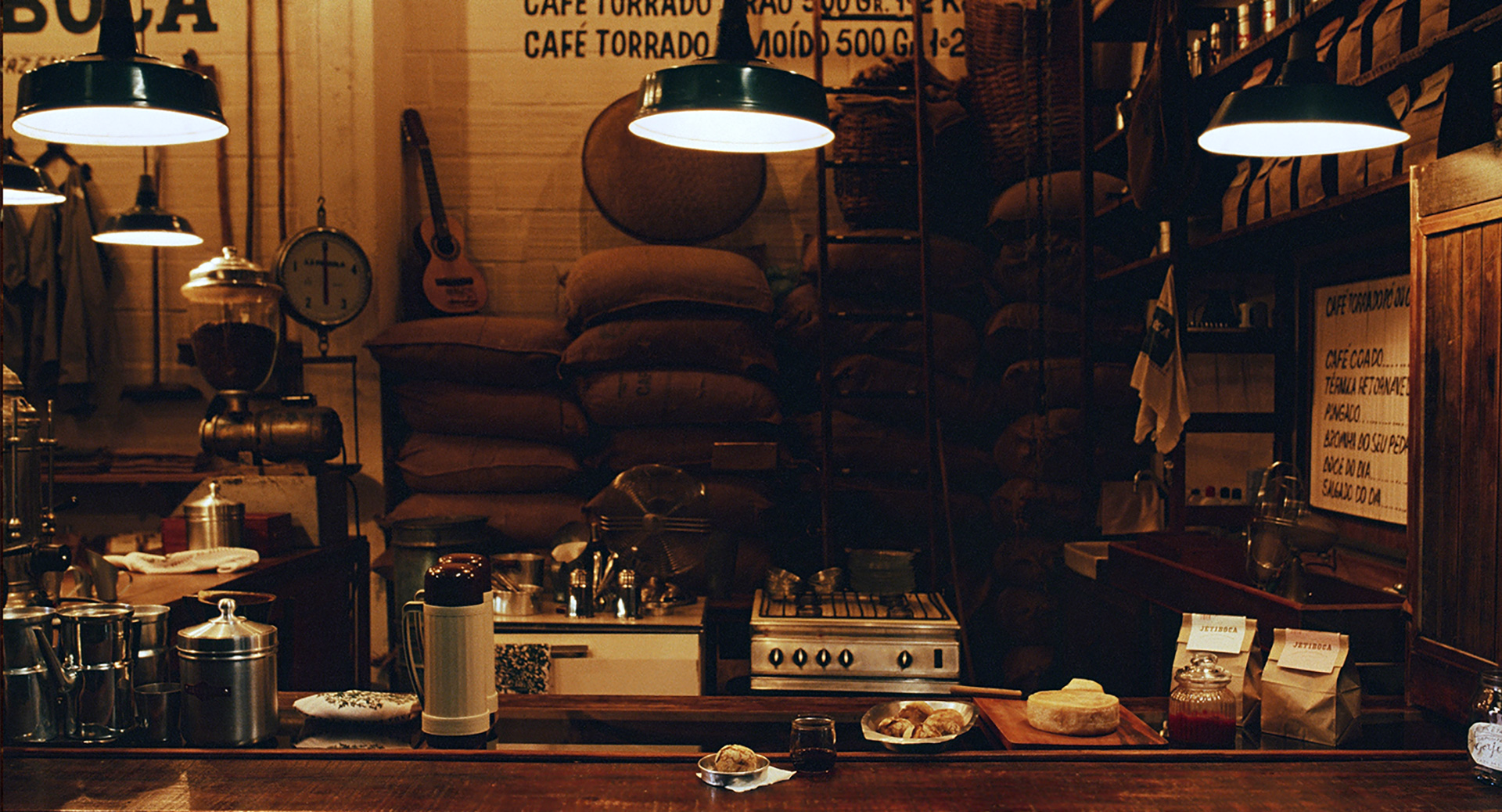
Mercado Novo was also the perfect set to sell Quick’s family farm’s coffee. He opened the doors of Café Jetiboca in late 2018, with all coffee at the flagship shop and roastery coming from the Rochedo Lourenço farm, in a region called Jetiboca, which is located in the Matas de Minas microregion. Quick tells me he has partnered up with his brother Fábio and his father Bruno in order to establish their own brand and have control over the production chain.
“Before this, we used to sell all our coffee to middlemen and to the co-op,” says Quick. “Now, we only sell what we don’t consume here at the roastery.”
Quick acknowledges that help in the farm was crucial for the gain in quality in the cup in the last years. “Flauzino and Angelica Cruz and their family are the ones administering the daily tasks in the farm and they are really good at what they do. We are now starting to get a grasp on how processing techniques will affect cup quality, and we have a long way to go. Our aim is not to be a high-end, super fancy shop, but rather to cater to customers who want to drink an affordable, fair, good cup of coffee.”
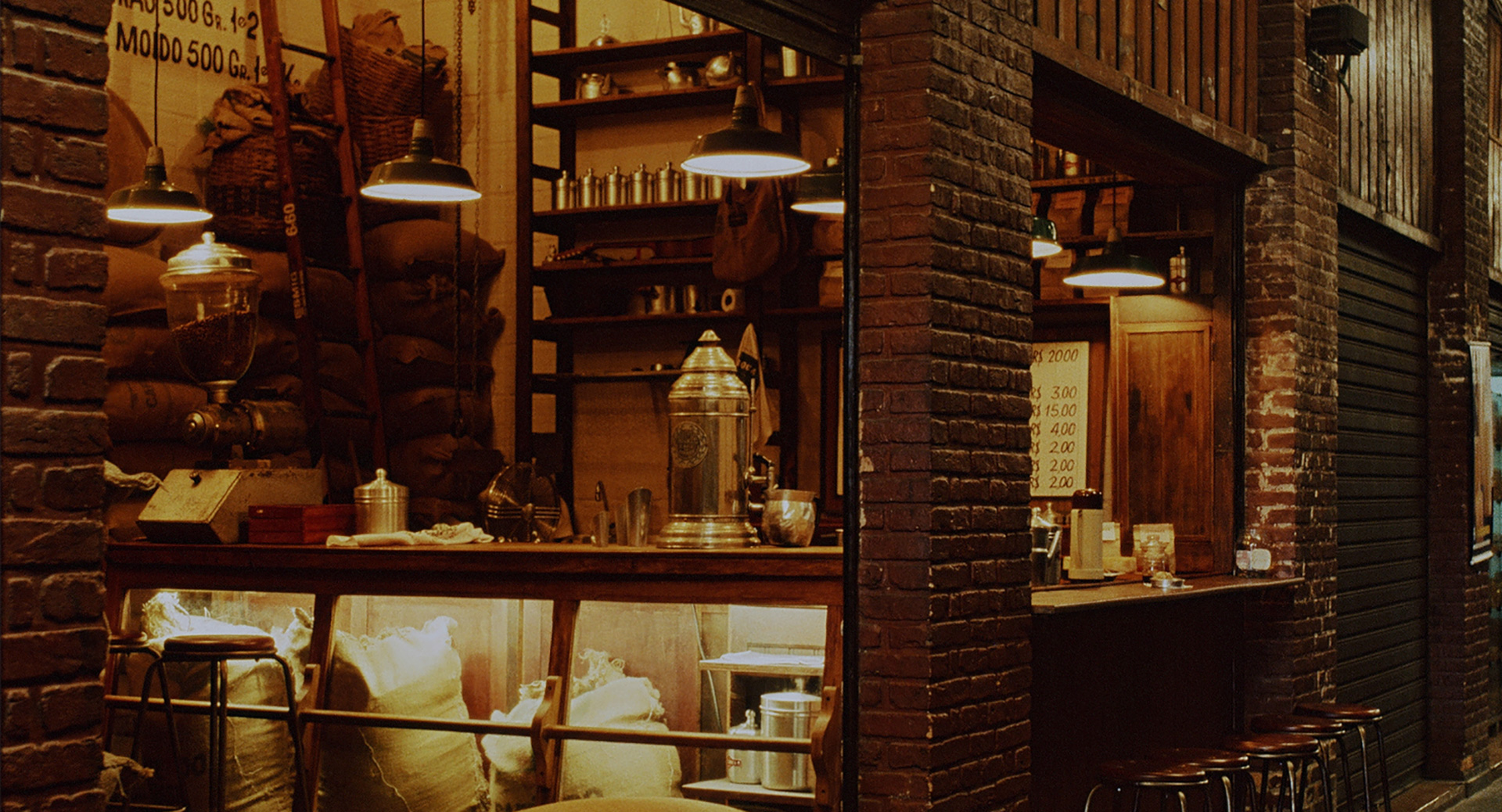
Café Jetiboca’s decor feels like a trip down memory lane, especially to someone from Minas Gerais, like me. Quick made sure to reclaim objects and old photos from the farm, and even antique coffeemakers such as an Elma, made a few blocks away from the Mercado. He had an old grinder, also from the farm, thoroughly refurbished with new burrs. Quick is also working on a new cloth filter, since it is what many people in farms still use to brew coffee, and the ones made in Brazil are not ideal and wear out too fast.
Jetiboca brought back the aluminum tins that many households used to store groceries back in the day, or still do if they are in a small town. Quick had them made specially for the coffee shop, with the engraved Jetiboca logo, making a very nice gift. One by one, the tags with the coffee lot information are sewn in the coffee kraft bags. There is nothing here that was not thought of. Quick has a background in design—and that shows in every detail.
Due to COVID-19, the entire Mercado Novo has been closed since March of 2020, and Jetiboca has focused instead on delivery customers and launching a new subscription service. When the market reopens—plans are for a gradual phasing back in this September—it will be with with new safety protocols and capacity restrictions. Quick tells me a drive-up pickup service is in the works, so that customers can collect their coffee easily, without even leaving their cars.
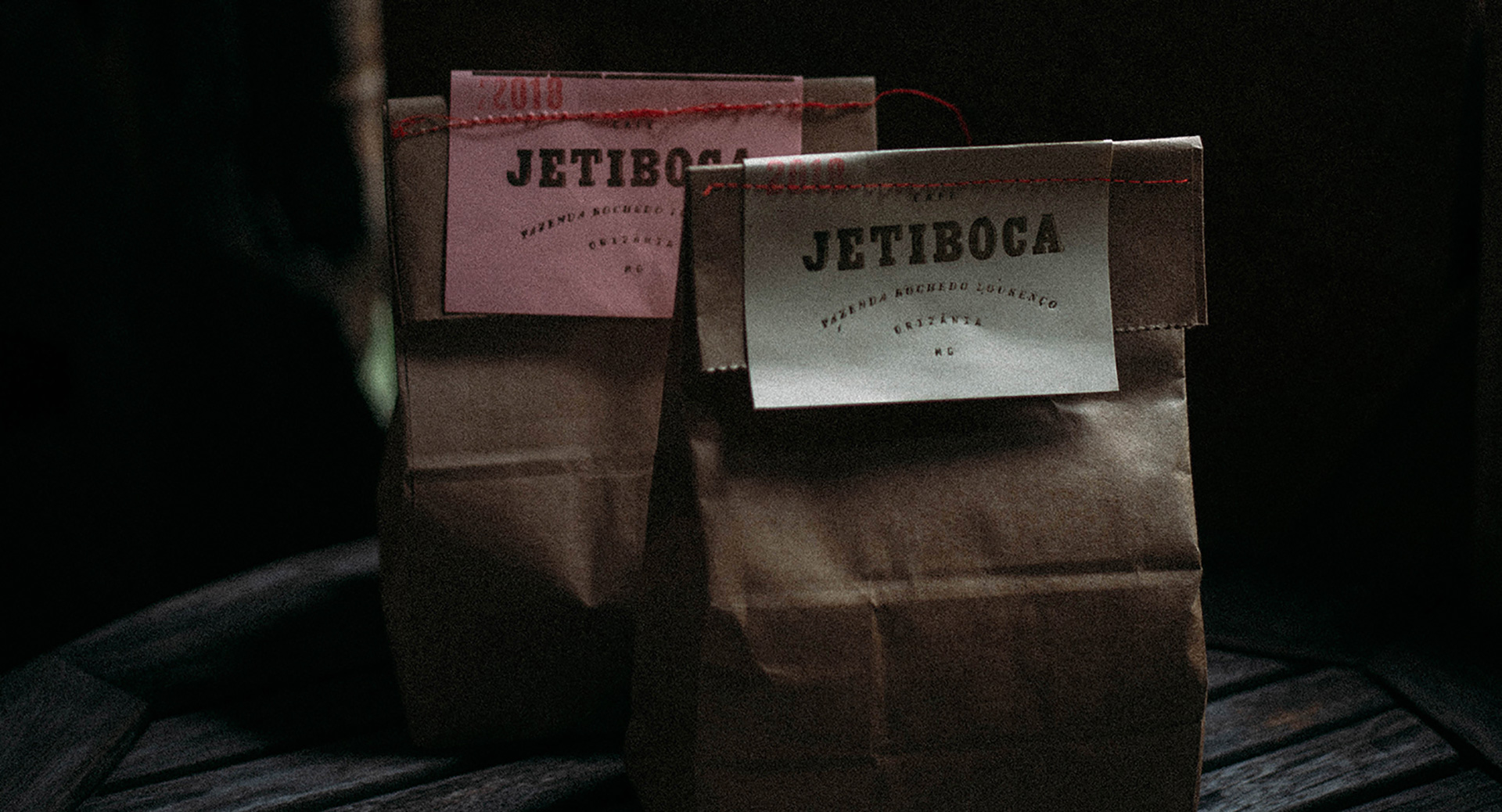
As to their offerings, Quick stresses that not all the coffee they have been selling is considered specialty, and that is fine. “What we want to do here is to sell an honest product for a very honest price, and in that we are succeeding.”
What is being done with Café Jetiboca, and with Mercado Novo as a whole, is unique since it is honoring Minas Gerais’s roots, something that until a few years ago might have felt tacky. Today, Quick explains that people are keen on patronizing businesses that dig into cultural relevance. “I guess our main point here is not being old but being authentic. When we look at our past, Minas Gerais has a cultural cornucopia. We are bringing authenticity, because we are looking inwards. When we look outside, at other coffee shops—or any other business for that matter—they all look the same, because they copy what they see overseas. And to me, that’s a wasted opportunity to do something meaningful.”
Juliana Ganan is a Brazilian coffee professional and journalist. Read more Juliana Ganan on Sprudge.
Photos by Nani Rodrigues









